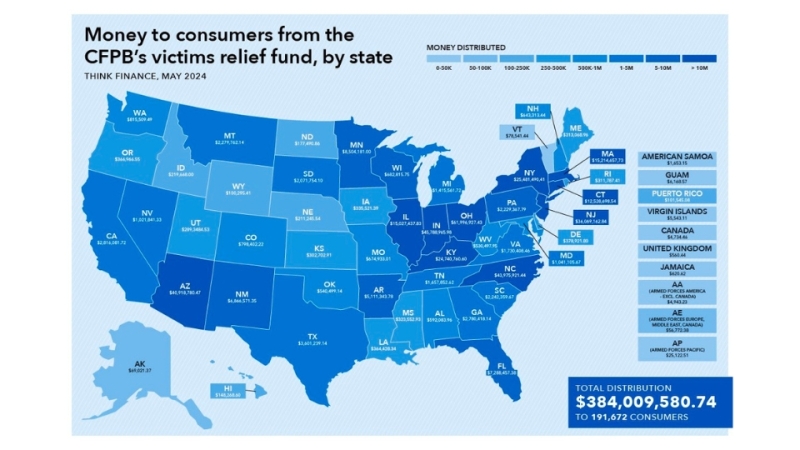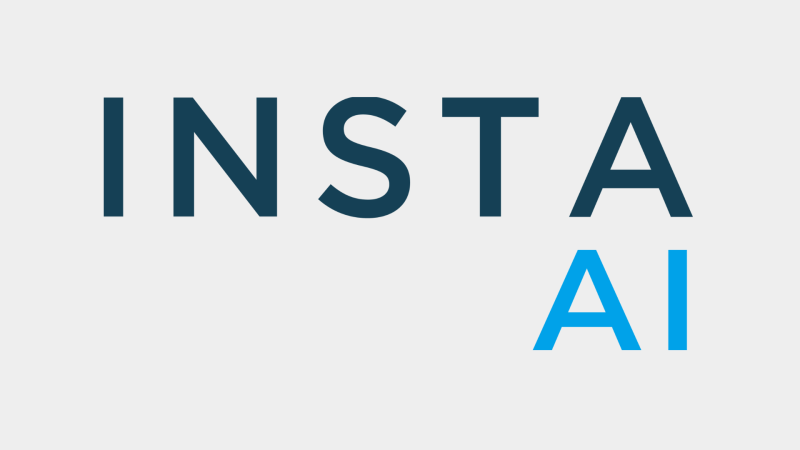
Fitch Downgrades Finance Of America Over Significant Operating Losses

While FOA faces tangible equity erosion and continuous covenant breaches, peers like Rocket and United Wholesale Mortgage showcase resilience.
Fitch Ratings downgraded Finance of America (FOA) last week, citing significant operating losses over the past year.
This erosion of tangible equity, which plummeted from $480 million at year-end in 2021 to a negative $5 million in the second quarter of 2023, has resulted in continuous covenant breaches. These breaches could further restrict FOA's capability to extend debt maturities and secure future financing.
The underlying factors contributing to this decline include soaring interest rates and borrower affordability challenges, which have led to a slump in origination volumes. Such factors, combined with expanding credit spreads, have negatively affected the fair value of FOA's assets.
Despite these setbacks, Fitch acknowledged the support FOA receives from its market position in the reverse mortgage lending sector, its "adept" senior management, and substantial backing from major shareholders like Brian Libman and Blackstone Inc.
However, FOA's ratings remain suppressed due to low capital levels, frail profitability, a senior unsecured debt maturing in 2025, and a reliance on short-term wholesale funding facilities. Another concern for Fitch is the elevated "key person risk" associated with FOA's founder and Chairman, Brian Libman.
FOA's financial health has deteriorated over the past couple of years. In the first half of 2023, the company reported a pre-tax loss of $166 million from ongoing operations, following negative returns in 2022 and 2021. Revenues have dwindled due to decreased customer demand, margin compression, elevated interest rates, and broadening credit spreads.
Though FOA has been active in reducing expenses, with a notable year-over-year decrease of $30 million or 13.5% in the first half of 2023, Fitch remains skeptical about the company's profitability in the medium term. The integration of American Advisors Group (AAG) is expected to strain FOA's finances, especially given the persistently low industry origination volumes.
Despite recent capital injections and the closure of its forward mortgage business, which led to a reduction in warehouse borrowings, FOA's tangible equity remains in the negative. Their funding profile largely consists of warehouse facilities, secured lines of credit, securitizations, non-recourse debt, and senior unsecured notes. This reliance on short-term funding facilities, most of which mature within a year, places FOA in a vulnerable position, exposed to elevated liquidity and refinancing risks.
In the past year, FOA has been granted covenant waivers by its lenders due to profitability concerns and tangible net worth requirements. These covenant breaches could jeopardize FOA's financial agility and its ability to fund origination, making it even more imperative for FOA to maneuver carefully in the coming months.
But other mortgage lenders fared better, according to Fitch.
Rocket and United Wholesale Mortgage (UWM) have demonstrated "resilience."
Rocket, a key player in the mortgage origination business, may be in line for a ratings upgrade due to significant improvements in its funding profile. The positive outlook announced by Fitch Ratings is based on Rocket's increased unsecured debt, growth in unencumbered assets, and an extension in the duration of secured funding facilities.
Rocket's shift towards multi-year funding and an increased emphasis on self-funding was one of the reasons Fitch gave for maintaining its rating and positive outlook. Currently, 71% of the loans held for sale are self-funded, with ambitions to extend this figure to 80%.
However, the mortgage business's inherent cyclical nature, coupled with Rocket's dependence on short-term, wholesale funding facilities, puts certain constraints on its ratings.
Like its peers in the non-bank mortgage sector, UWM predominantly relies on short-term wholesale funding to drive its operations. As of 2Q23, the company's unsecured debt constituted 23.9% of its total debt, revealing an increase from prior years. With most of its secured debt facilities set to mature within a year, there is a notable emphasis on the need for UWM to extend its funding duration and raise its unsecured funding, which would be seen positively by Fitch.
On the liquidity front, UWM holds a commendable position relative to its counterparts. The company's liquidity resources encompass roughly $900 million in unrestricted cash and a substantial borrowing capacity, ensuring it is well-poised to address operational expenses, potential margin calls, and advancing requirements. Moreover, UWM's asset quality remains largely uncompromised, with the majority of its loans aligning with the conforming agency or Ginnie Mae eligibility criteria.
However, UWM's reliance on short-term, uncommitted funding and the significant influence wielded by the CEO and President, Mat Ishbia – along with the Ishbia family's majority stake in the company – have posed challenges for the rating. Moreover, Fitch has expressed concerns regarding UWM's concentrated focus on the wholesale channel, which may restrict its potential to capture a more extensive market share in the broader mortgage domain.




